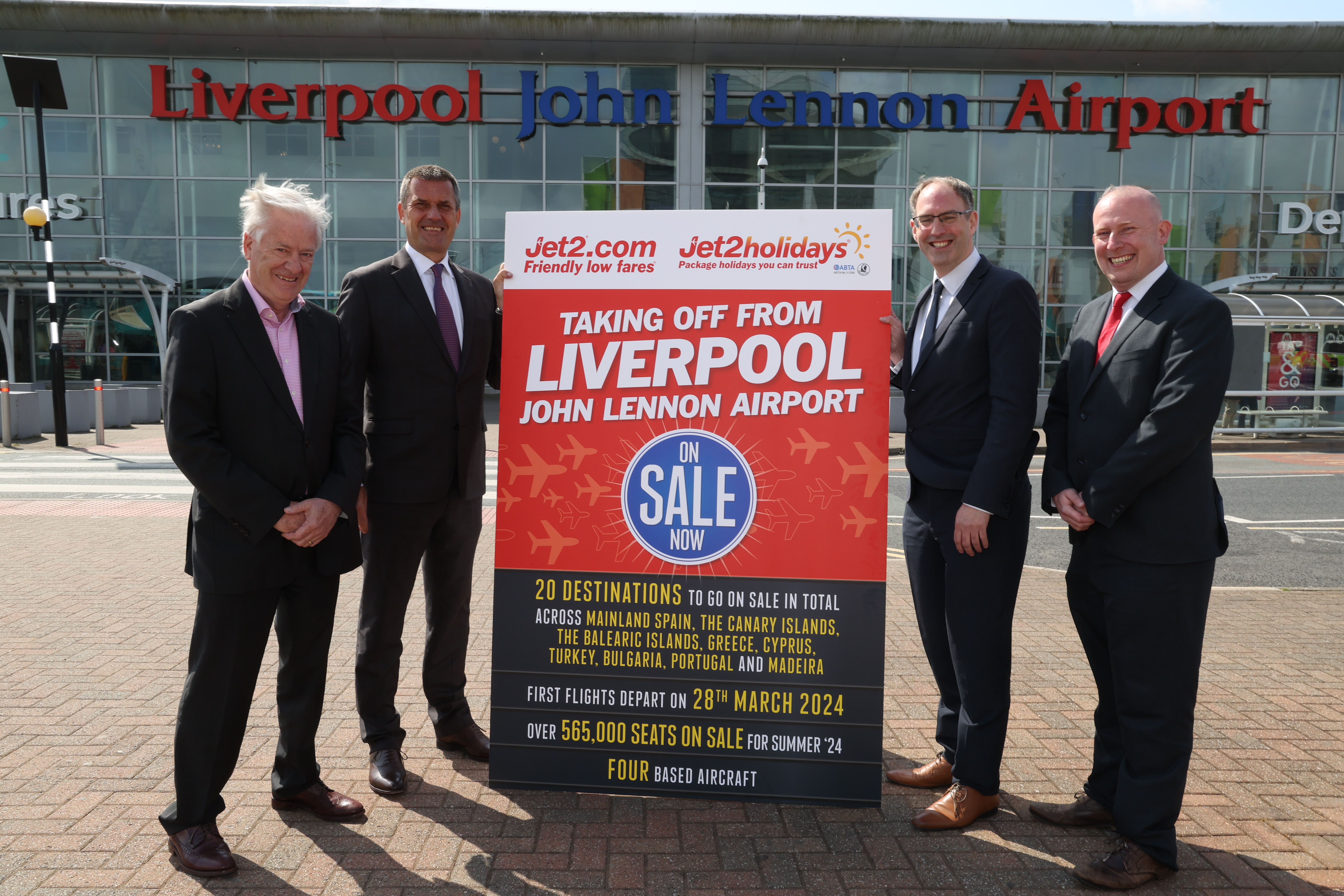
Airports have issued a stark warning that a global deal on aviation emissions (to be discussed at Copenhagen in December) must be achieved. Liverpool John Lennon Airport is a member of the Airport Operators Association (AOA) and a report commissioned for the Association by leading economists OXERA will be launched in the City tomorrow (3 Nov) by a panel of aviation and business leaders including Peel Airports Group Deputy Chief Executive, Neil Pakey. They will say that UK-only alternative measures would deal a severe blow to passengers and the wider economy.
The latest Department for Transport forecasts show that by 2030, there will be passenger demand in the UK for 434 million flights, an increase of about 3% a year. But if growth in flying were restricted to just 1.5% a year, a measure touted as a UK-only alternative to an international emissions cap, the report estimates that average return air fares could see a 40% rise from £258 to £360, by 2020.
Modelling work in the report shows that raising Air Passenger Duty (APD) is an equally bad alternative to an international cap. Bringing in a 5% a year “APD Escalator” would see a further £30 added to average return air fares by 2020. This would come on top of APD rises just brought in by the government and the further increases it has fixed for next November. Yesterday’s rises see APD on flights to Europe up from £10 to £12, and to the States from £40 to £60.
In addition, under such draconian alternatives to an international deal, aviation’s ability to boost the wider economy could be dealt a severe blow. By 2030 the UK would be up to £30bn a year worse off, lose out on £15bn in contributions to the Exchequer, and support 700,000 fewer jobs.
The study found that the aviation sector represents 1.5% of the UK economy, contributing £18.4bn towards UK GDP and providing jobs for 234,000 people. Aviation’s capacity to create wealth has grown by 8.3%, in real terms, since 1995.
Commenting on the need to address environmental impact, Deputy CEO of Peel Airports Group, Neil Pakey, said: “While the tax burden on aviation more than covers its environmental costs, airports need to continue to work hard with other parts of the aviation sector to realise a global deal on carbon emissions. The EU Emissions Trading Scheme, which aviation enters in 2012, is a hugely significant first step”.
Commenting on the findings, AOA Chairman, Ed Anderson said: “Aviation should be part of a low carbon future, and a global sectoral approach is needed at Copenhagen. Aviation must grow sustainably, within environmental limits, and can be used to improve the performance of the wider economy by stimulating connectivity, trade and investment which in turn creates wealth and, jobs”.
Related stories


LJLA launches a brand refresh as it looks to the future
Liverpool John Lennon Airport launches a refresh of its brand with a new logo and fresh colour concepts.
